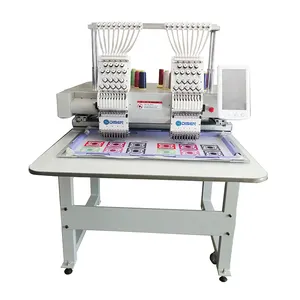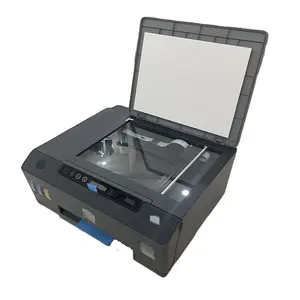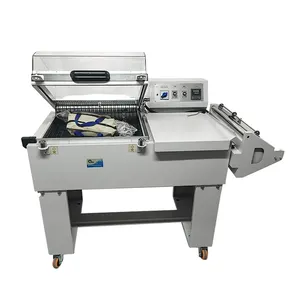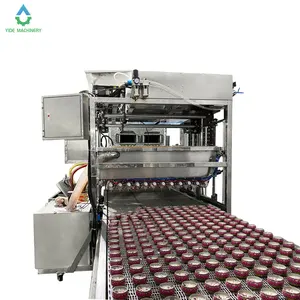Popular in your industry








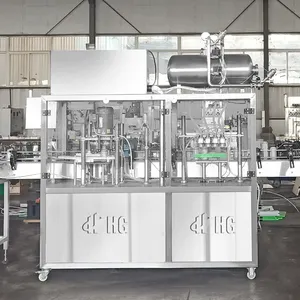


















































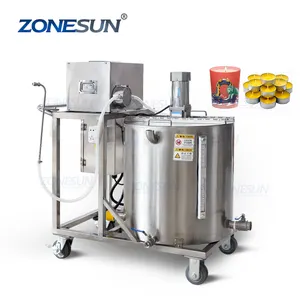





Related Searches:

































































































Top categories
About heated filling machine
Introduction to Heated Filling Machines
Heated filling machines are integral components in manufacturing lines, designed to dispense a variety of hot-fill products with precision and efficiency. These machines cater to a range of industries, ensuring that high-temperature goods are packaged safely and effectively. The automation they provide is crucial for enhancing productivity and consistency in the filling process.
Types of Heated Filling Machines
The spectrum of heated filling machines includes several types tailored to specific industry needs. Heated piston fillers are renowned for their ability to handle viscous products with accuracy. For granular or powdered substances, a hot rubber crack filler machine may be employed, especially in the road construction sector for sealing cracks. Liquid commodities often require the precision of a heated liquid filling machine, which maintains the fluidity of the product during the packaging process.
Applications Across Industries
Diverse applications of heated filling machines span from the food and beverage sector to cosmetics and pharmaceuticals. In the food industry, these machines are essential for hot-fill processes, ensuring products like jams and sauces are filled at high temperatures to preserve freshness and extend shelf life. The pharmaceutical industry utilizes heated filling machines for products such as ointments and syrups, where maintaining a sterile environment at controlled temperatures is paramount.
Features and Advantages
The design of heated filling machines focuses on user-friendly interfaces, temperature control, and adaptability to different container sizes. The advantage of using a heated piston filler lies in its precision and ability to handle a range of viscosities, from thin oils to thick creams. These machines are built to maintain product integrity, ensuring that heat-sensitive products are filled without compromising quality.
Materials and Construction
Durability and hygiene are critical in the construction of heated filling machines. Stainless steel is commonly used for its resistance to high temperatures and ease of cleaning. Components that come into direct contact with the product are often made from food-grade materials to comply with industry standards, ensuring that the machines are suitable for continuous operation under rigorous conditions.
Choosing the Right Machine
Selecting the appropriate heated filling machine requires an understanding of the product's characteristics and the scale of operation. For smaller enterprises, a manual hot rubber crack filler machine might suffice, while larger operations might benefit from the automation of a fully-automatic heated liquid filling machine. It's essential to consider the machine's compatibility with the product's viscosity, container type, and production volume.
